What does it take to get recorded in the Bible? How does one get his or her name into this eternal book of history, lessons and law of the Jewish People? Although we are never told the names of Noah’s wife, Lot’s wife, or Aharon’s wife, we ARE told the name of the wet-nurse that Rebecca had, the woman who helped raise Jacob. Her name was Devorah, and her death is told to us in Chapter 35, verse 8. She was buried in Beit-El, under a big tree (maybe a famous landmark) and that tree was called “The tree of weeping” forever after!
There are many opinions in the classical commentaries about who this was and why she is with Jacob’s family at this point in the narrative:
1. She was the wet-nurse that was sent along with Rebecca when Eliezer brought her to Isaac (see 24:59), three parshiot ago.
2. She was Rebecca’s wet-nurse who lived with her and helped her (like a live-in), and now she had been sent to call Jacob to come home. She died on the journey back.
3. She had been one of Rebecca’s wet-nurses in Aram (not the one sent back with her to Canaan), and now Jacob was bringing her to Rebecca for a reunion. While in Aram, she helped Jacob raise his children. But she died on the way, and she never made it.
4. This is a woman who lived with Rebecca and her death is really the Torah’s way of telling us that Rebecca died, i.e. that whole generation passed on.
How do you see it? Why do you think this is an important character for the Torah to be telling us about, and with such detail and honor!
Maybe this comes to teach us that those who help and assist great people (like the our patriarchs and matriarchs) are, by extension, great people themselves, although they usually live in the shadows. They might be amazing human beings who earned this role OR regular people, who through their connection with the great people they serve/help, become great people themselves.
Can you think of individuals who sometimes get ignored in your homes, communities, schools and workplaces, but who should be recognized and honored for the supporting roles they play in our lives?
If you met Devorah, what would you want to ask her or tell her?

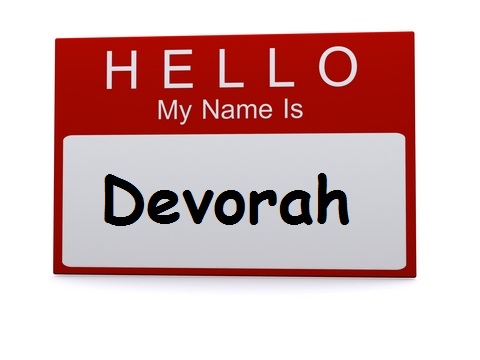

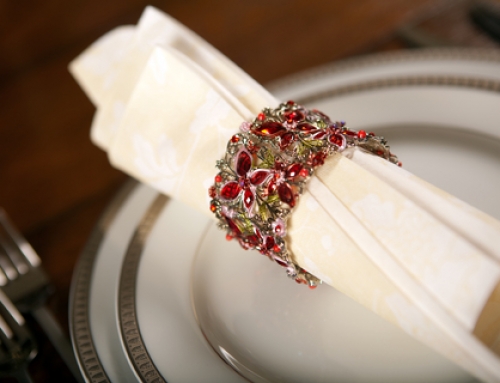
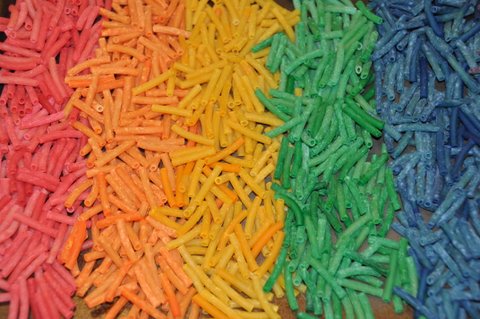
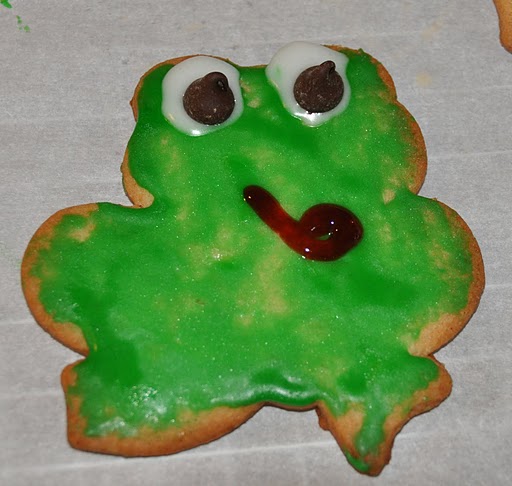
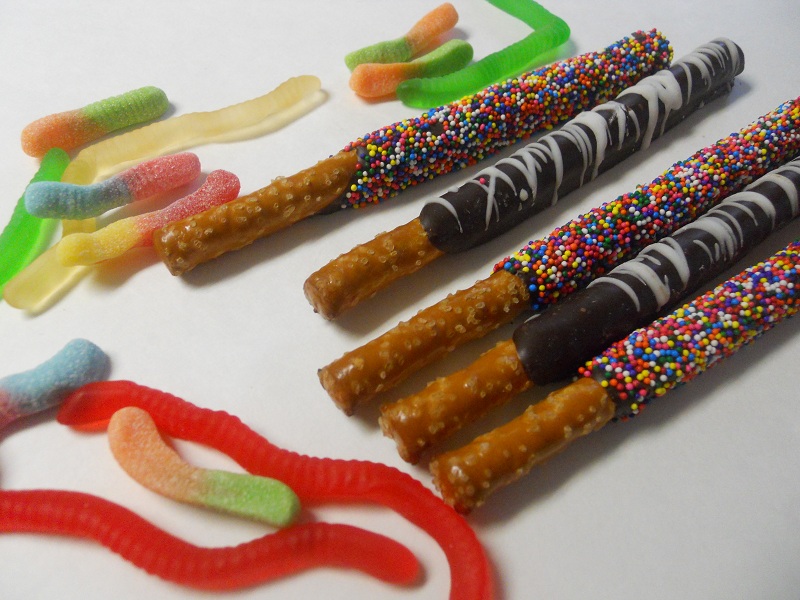

Leave A Comment